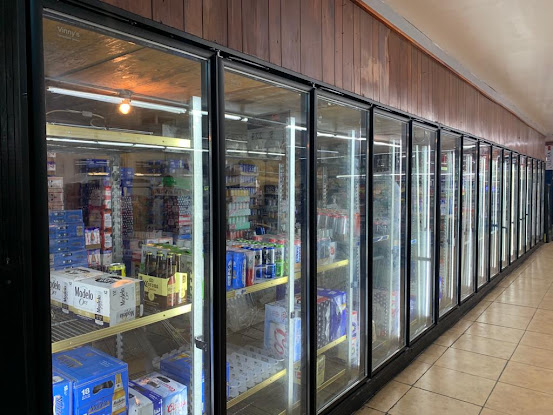Fan Coil Unit | What are the types of fan coil units?
What is a fan coil unit?
A fan coil unit (FCU) is a type of heating, ventilation, and air conditioning (HVAC) system that is commonly used in commercial and residential buildings. It consists of a fan, a heating or cooling coil, and a filter. The fan draws air from the room through the filter and passes it over the heating or cooling coil, which heats or cools the air, depending on the season. The conditioned air is then returned to the room, providing temperature control and ventilation.
Fan coil units can be mounted on walls, ceilings, or floors, and they are typically connected to a central HVAC system that provides hot or cold water or refrigerant to the coil. They can be controlled individually or as part of a larger building automation system. Fan coil units are often used in hotels, hospitals, office buildings, and other commercial spaces, as well as in residential buildings. They are generally considered to be energy-efficient and cost-effective solutions for heating and cooling small to medium-sized spaces.
Types of fan coil units?
There are several types of fan coil units available, each with its unique features and advantages. The most common types of fan coil units are:
1. Wall-mounted fan coil units: These units are designed to be mounted on a wall and are typically used in residential settings or smaller commercial spaces. They are compact, easy to install, and offer a range of heating and cooling options.
2. Floor-mounted fan coil units: These units are designed to be placed on the floor and are commonly used in larger commercial settings, such as hotels or office buildings. They are typically larger than wall-mounted units and offer a higher capacity for heating and cooling.
3. Ceiling-mounted fan coil units: These units are designed to be suspended from the ceiling and are commonly used in commercial spaces that have limited floor or wall space. They offer a high degree of flexibility in terms of placement and can be easily integrated into a building's HVAC system.
4. Ducted fan coil units: These units are designed to be integrated into a building's ductwork system and are typically used in larger commercial spaces, such as shopping malls or airports. They offer a high degree of flexibility in terms of placement and can be easily integrated into a building's existing HVAC system.
5. High-static fan coil units: These units are designed to operate at a higher static pressure than traditional fan coil units, allowing them to be used in spaces with longer duct runs or more complex ductwork systems. They are typically used in larger commercial spaces, such as hospitals or industrial facilities.
Each type of fan coil unit has its advantages and disadvantages, and the choice of the unit will depend on the specific needs of the space in question. When selecting a fan coil unit, it is important to consider factors such as the size of the space, the capacity required for heating and cooling, and the existing HVAC system.
What is the cost of installing a fan coil unit in a residential or commercial building?
The cost of a fan coil unit in the USA can vary depending on several factors, including the size of the unit, the type of unit, and the location of the installation. In general, the cost of a fan coil unit can range from several hundred dollars for a basic residential unit to several thousand dollars for a larger commercial unit with advanced features.
For residential installations, the cost of a fan coil unit can range from $500 to $2,000, including installation costs. However, the cost can increase if additional components or features are required, such as a thermostat or ductwork modifications.
For commercial installations, the cost of a fan coil unit can range from $2,000 to $5,000 or more, depending on the size and complexity of the installation. In addition to the cost of the unit itself, there may be additional costs for installation, such as electrical and plumbing work.
It's important to note that the cost of a fan coil unit is just one factor to consider when selecting an HVAC system. Other factors, such as energy efficiency, maintenance costs, and long-term reliability, should also be taken into account. It's always a good idea to consult with a licensed HVAC professional to determine the best system for your needs and budget.



Comments
Post a Comment